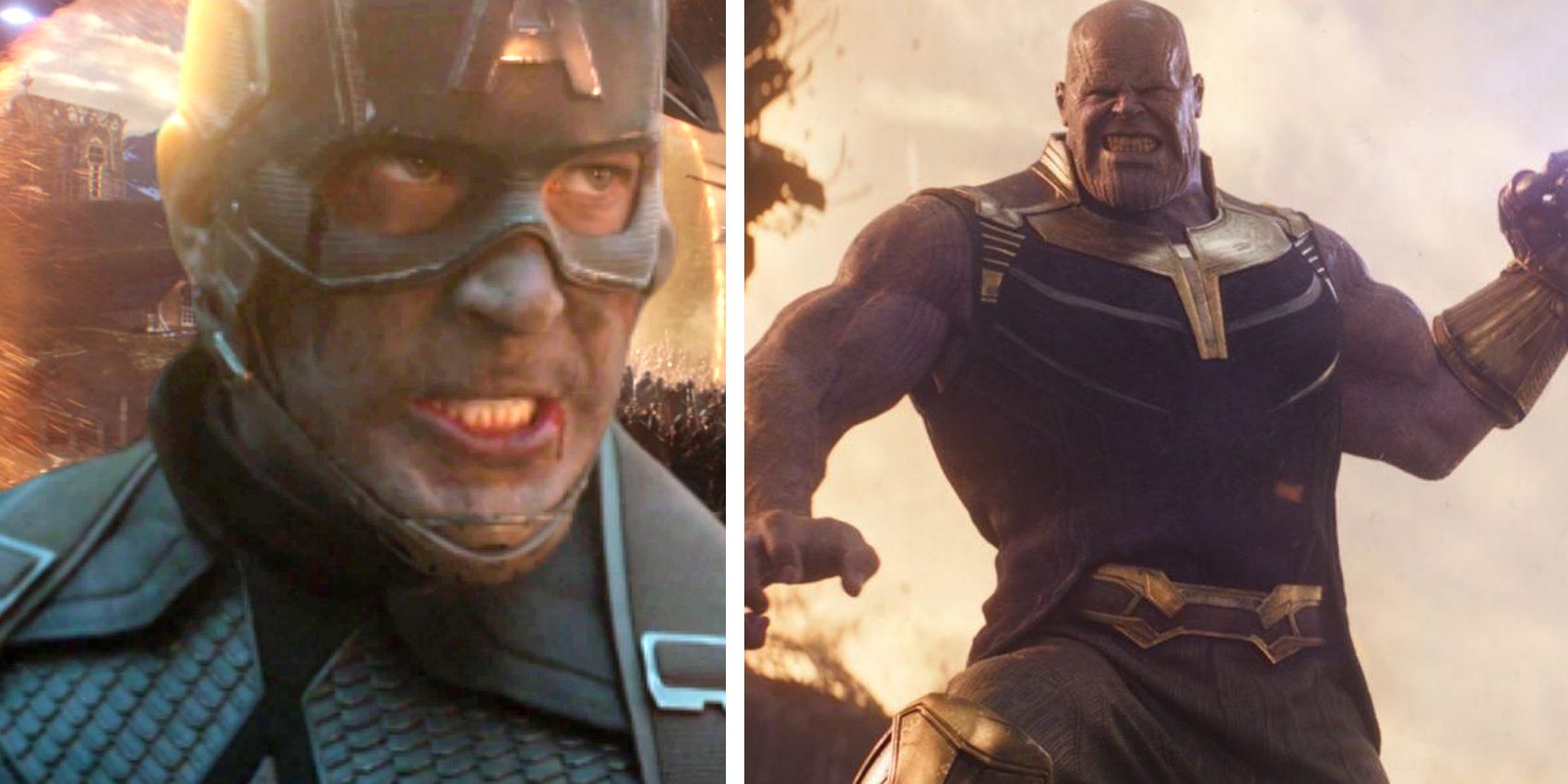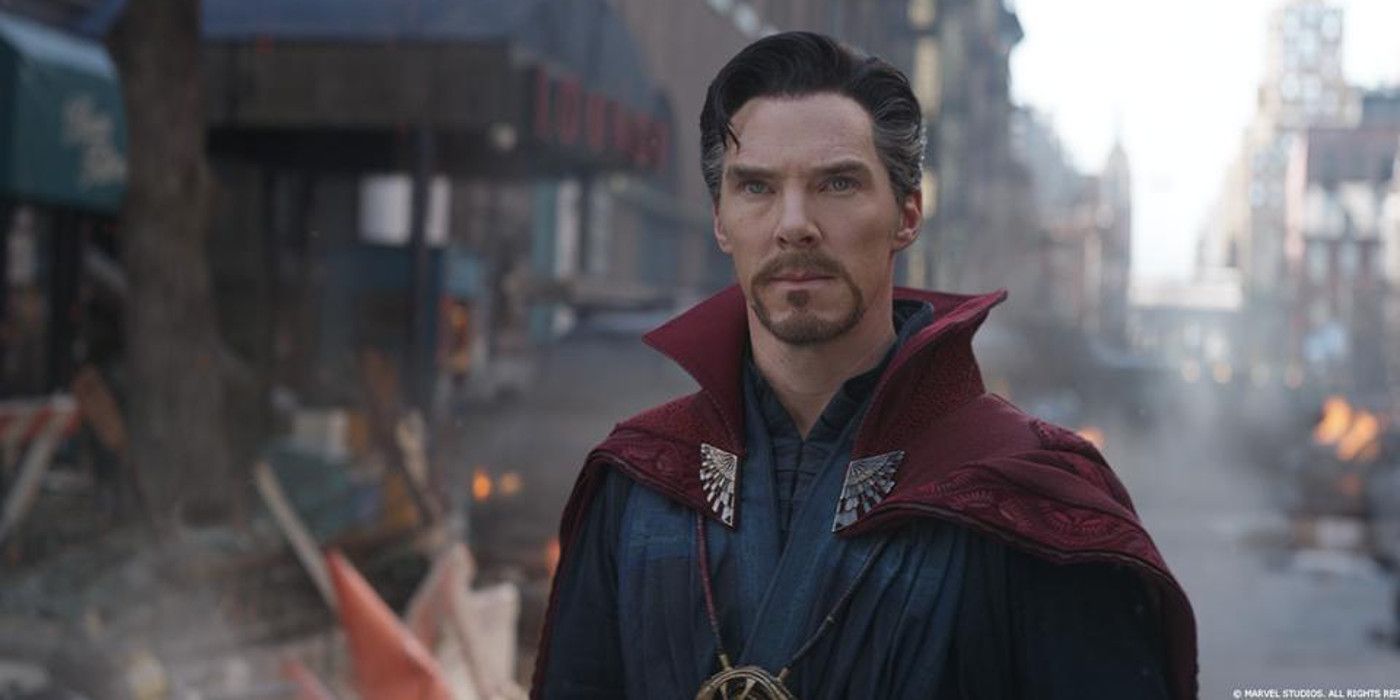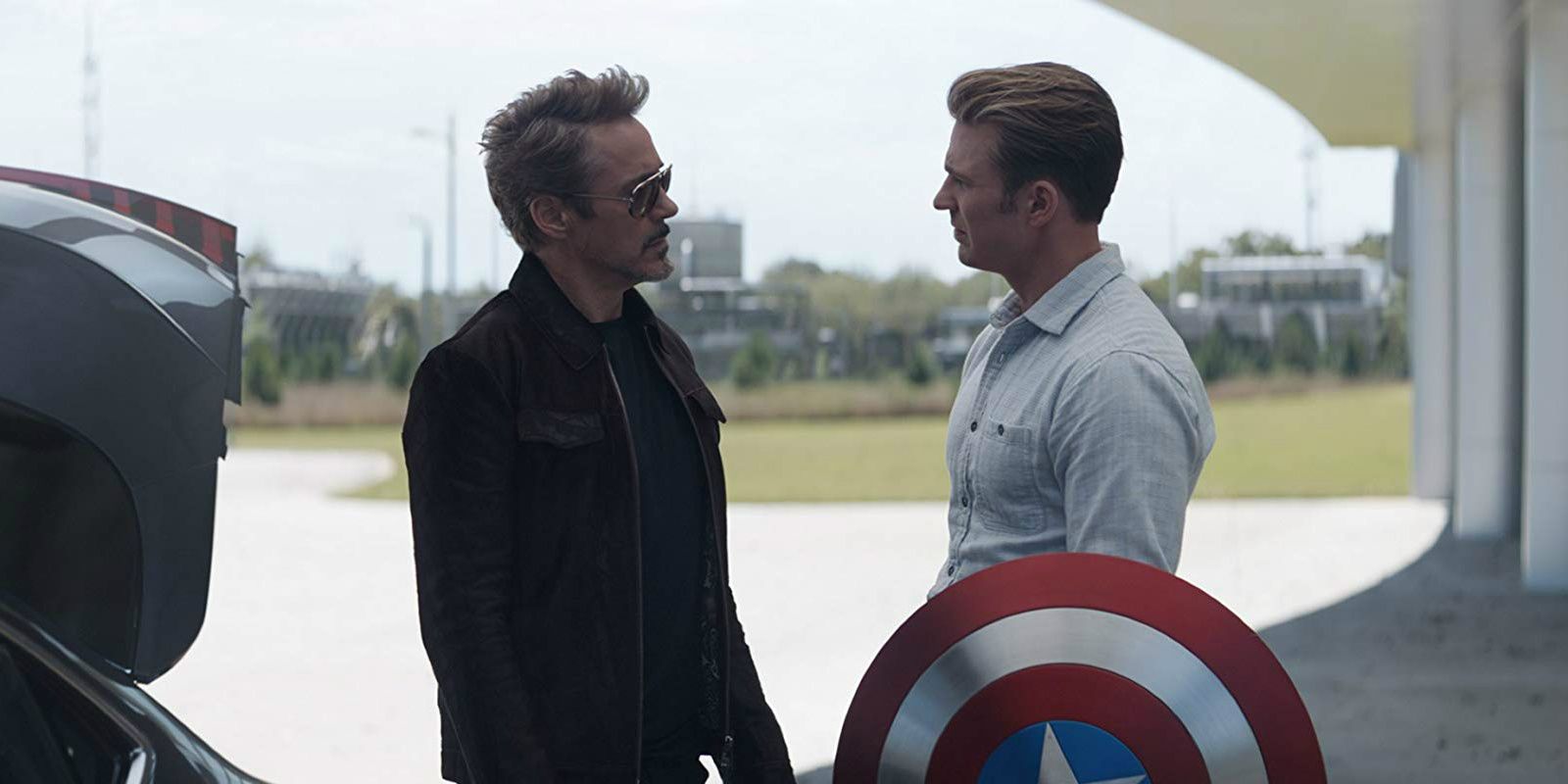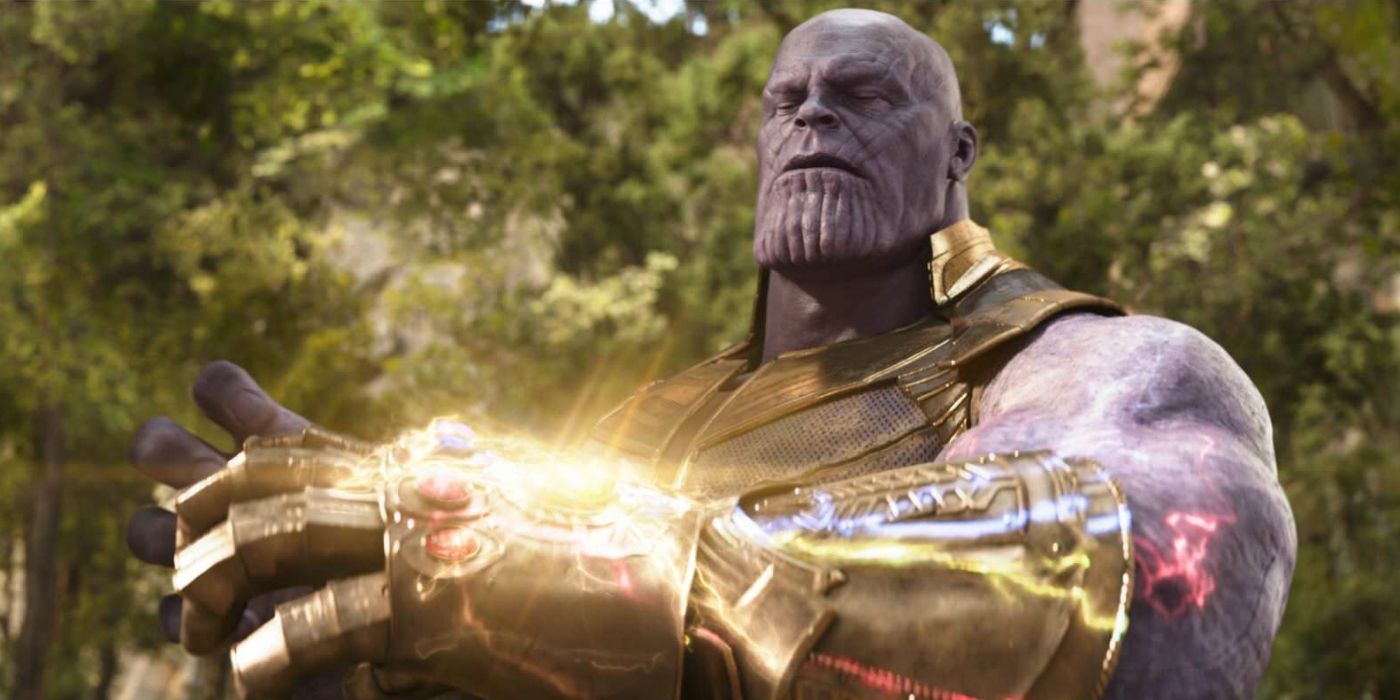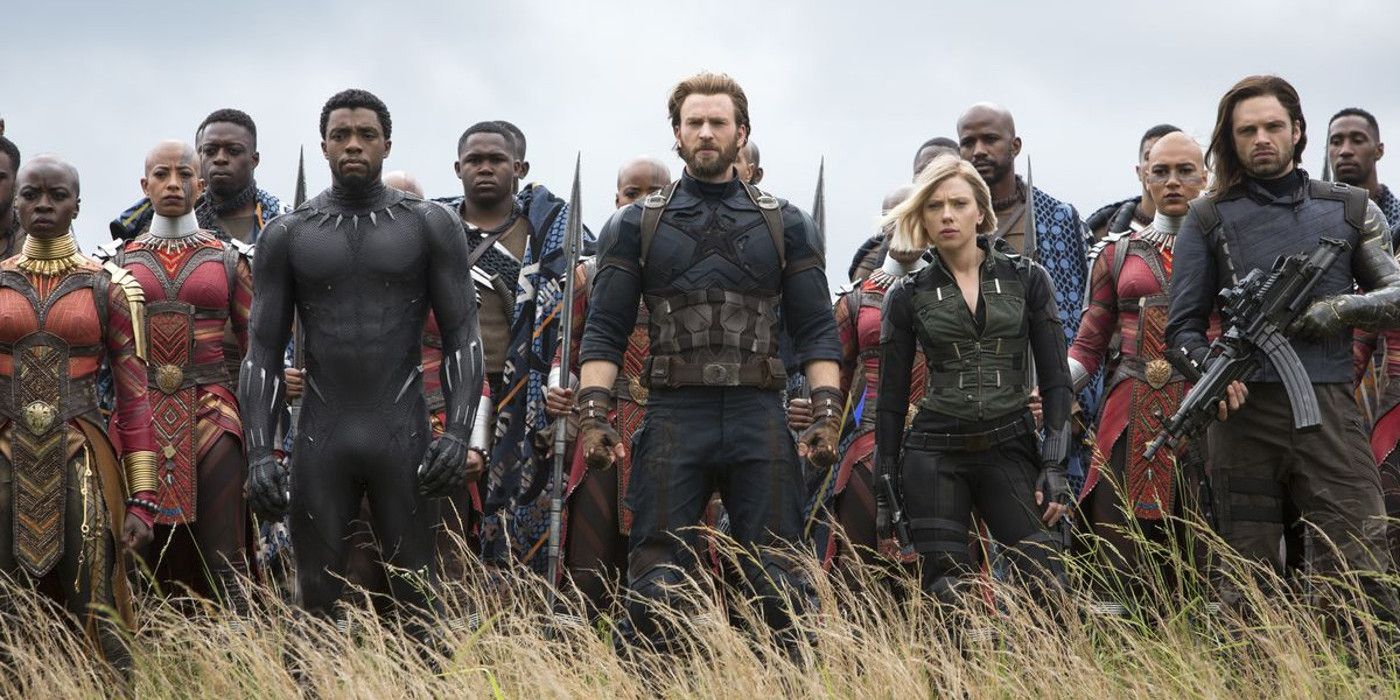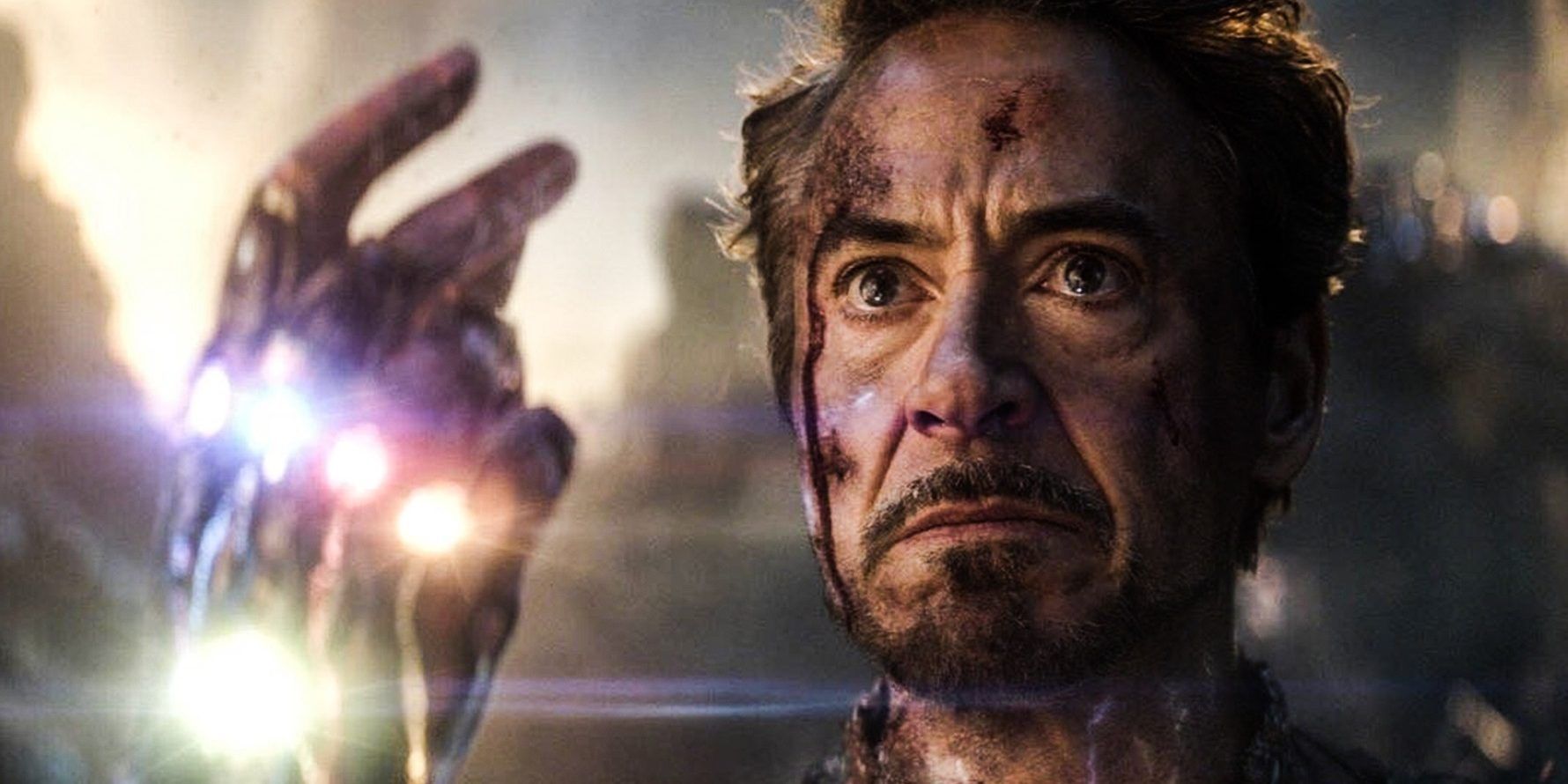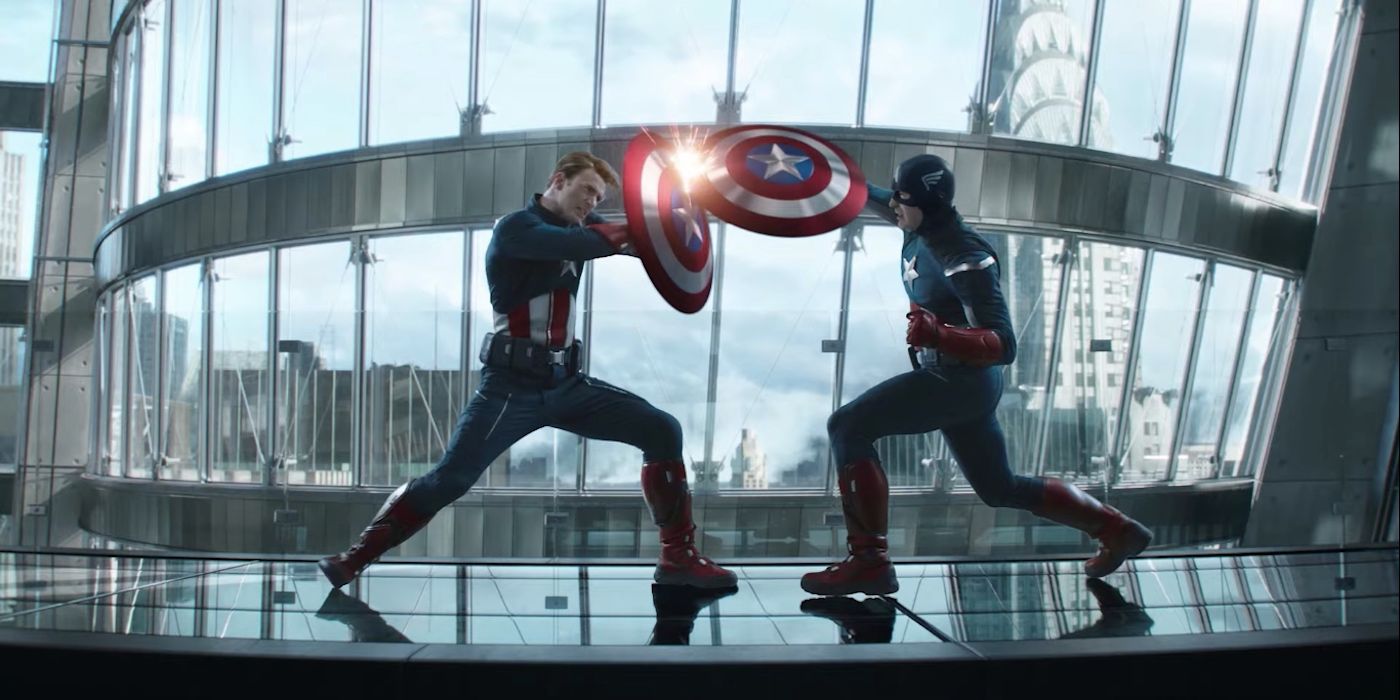Avengers: Infinity War and Avengers: Endgame are both incredibly important films in the Marvel Cinematic Universe, but which movie is actually better? Iron Man first took off in 2008, launching the MCU and beginning the Infinity Saga, which would culminate in Infinity War and Endgame. These films have dominated at the box office, been widely critically acclaimed, and have made household names out of even some of the comic company’s least popular heroes. Now entering Phase Four, the MCU shows no signs of slowing down.
The first phase of the MCU included solo films for its main heroes, setting up the ultimate team-up with The Avengers. Thankfully, the 2012 movie proved Marvel’s reach did not exceed its grasp. The studio’s carefully laid plans panned out and eventually led to an expanded universe beyond what any audience could’ve possibly imagined when these heroes first assembled. Avengers: Age of Ultron may have been a misstep for the franchise, but there is no doubt the last two Avengers films righted the ship. Avengers: Infinity War had the unprecedented task of bringing together heroes and storylines from more than twenty films. However, Avengers: Endgame’s job of giving "The Infinity Saga" a satisfying conclusion was arguably an even more difficult ask.
Despite the fact that the two Avengers movies were largely shot side by side and were initially planned as Infinity War, Parts 1 and 2, Avengers: Infinity War and Avengers: Endgame are two distinct films. While this makes a comparison somewhat difficult, these movies had very daunting missions to pull off, and fans have been divided on which one was more successful. It won't be easy to pick a winner here, but which movie ultimately comes out on top?
Infinity War vs. Endgame's Story
Avengers: Infinity War had to merge storylines from multiple franchises and figure out how to get all of the main characters together. This was no easy task, with the Guardians of the Galaxy movies being mostly removed from the rest of the MCU, Thor and Hulk being off-world during Thor: Ragnarok, and other characters, like Doctor Strange, having little involvement with the rest of the heroes. Avengers: Infinity War had a tightly-plotted script that played out logically, but the narrative thread tying everything together was Thanos and his quest to find the Infinity Stones. If the movie truly belonged to any one character, it was the Mad Titan - even if his actual plan wasn't well thought-out.
Avengers: Endgame unfolded quite differently, giving the story a bit more room to breathe and spreading out across multiple timelines. Far less straightforward than its predecessor, the movie may have been more confusing for some to follow. However, the fourth Avengers film had a very different job from the third, thanks to Thanos' victory. Avengers: Infinity War saw our heroes face defeat on an unprecedented scale, and Avengers: Endgame had to put those pieces back together, which is exactly where the story begins. It was almost three films in one, serving as a powerful meditation on grief, a time-traveling adventure to acquire the stones before Thanos, and culminating in the most ambitious third act the MCU has ever attempted.
The Avengers in Infinity War vs. Endgame
In the wake of Captain America: Civil War, Earth’s Mightiest Heroes had been disassembled, and Avengers: Infinity War had to deal with the fallout. Thanos was able to more easily conquer the heroes since they were already divided, and there were battles on multiple fronts as the Mad Titan came for the Infinity Stones one by one. The Avengers being split up did grant opportunities for some delightful team-ups as fans were treated to the clashing of Stephen Strange and Tony Stark's immense egos, Thor's rather sweet new-found friendship with Rocket, and some tender moments between fan-favorite couple, Wanda and Vision - who will soon return in WandaVision. The team was splintered in Avengers: Infinity War, which wasn’t fully dealt with until the events of Avengers: Endgame. The film did an admirable job of juggling its many characters, though some, like Captain America and Black Panther, were inevitably sidelined.
With many of the other heroes snapped out of existence, Avengers: Endgame returned the focus to the core six. The film reunited the original Avengers and finally repaired the damage between Steve and Tony. It also laid the groundwork for a new group of characters to take center stage as some of the universe’s most important heroes were set up to retire for good. Avengers: Infinity War exacted a high price, as half of humanity was snapped away in an instant - not to mention Gamora’s tragic end. However, Avengers: Endgame took an even bigger toll, signaling the end for Black Widow, Steve Rogers, and Tony Stark. The movie also gave fans the biggest Avengers team-up in MCU history, which granted Cap the perfect opportunity to finally utter his trademark phrase, “Avengers Assemble!” Even in that packed final battle scene, there are great moments for everyone.
Thanos In Infinity War vs. Endgame
Avengers: Infinity War was Thanos’ story, almost painting him as the film’s protagonist, sweeping victory and all. The Mad Titan went on quite a journey throughout the movie, ultimately winning the battle, but losing a great deal in the process. Like many villains, Thanos viewed himself as the hero, believing that it was he alone who could save the universe by culling half the population. He even gave up the person he loved more than anything to achieve his goal. Thanos appeared more merciful in Infinity War than in Endgame, which featured the character at a different time.
The Thanos of Avengers: Endgame is much angrier than the one in Avengers: Infinity War. He may have been somewhat at peace after destroying the stones, but the past version of Thanos who realized his victory was about to be stolen out from under him finally began showing the cracks in the Mad Titan’s hard veneer. Even five years after the fact, there was no gratitude for the finger snap he viewed as a gift, and Thanos was utterly incapable of accepting this. His decision to destroy everything and build instead “a grateful universe” revealed him for what he truly was. In the end, Thanos was just as arrogant as he accused the Avengers of being, and it cost him everything.
Infinity War vs. Endgame's Action
Avengers: Infinity War and Avengers: Endgame were different in both tone and pacing. The former was a non-stop thrill ride that dropped viewers right into the thick of the action and didn’t let up until Thanos’ inevitable finger snap. Due to its unrelenting pace, Avengers: Infinity War may not have had too much time for character development, but it did include the typical mix of heart and humor fans of the MCU have come to expect. The movie was chock full of edge-of-your-seat moments, like Captain America, Black Widow and Falcon showing up to help Wanda and Vision in Edinburgh, the Guardians facing off against Thanos, and all the heroes taking a final stand in Wakanda. With fun team-ups, unforgettable battles and that gut-wrenching ending, it was certainly a tough act to follow.
The more character-driven Avengers: Endgame was left with a huge mess to clean up, and the film didn’t shy away from the consequences of Avengers: Infinity War. Much of the movie's first hour was spent delving into the grief of those who remained. Although that time period might’ve been soft on action, the time heist at the film’s center certainly is not. Unfolding across multiple timelines and revisiting previous outings, the juxtaposition of the characters’ past and present iterations was undeniably entertaining, and the game-changing addition of Captain Marvel and Hawkeye’s exciting return gave the secondary characters a chance to shine. Merging the past, present, and future of the MCU, Avengers: Endgame was an emotional rollercoaster that delivered a satisfying conclusion with its absolutely unparalleled final battle.
Infinity War vs. Endgame's Ending
Anyone who’s read Infinity Gauntlet had at least an idea of how Avengers: Infinity War would end. While the MCU has used the comics as more of an inspiration than an actual blueprint, the film's heartbreaking ending wasn’t totally unexpected. Doctor Strange giving up the Time Stone was a shock, but having seen only one positive outcome out of millions, viewers knew the Sorcerer Supreme had his reasons. The Avengers had already triumphed over extraordinary circumstances more than once, and they came pretty close to doing so again, at least until Star-Lord let his temper destroy their chances. When it came to that final battle, neither Thor nor the Scarlet Witch, two of the Avengers’ biggest guns, were any match for the Mad Titan armed with his Infinity Gauntlet. Like some of the best sequels, Avengers: Infinity War ended on a rather somber note.
It was never going to be easy to top the final moments of Avengers: Infinity War, but the one thing Avengers: Endgame needed to get right was the ending. Though there are many excellent scenes in the history of the MCU, none can equal the emotional effect of reinforcements showing up in the film’s third act after Falcon's "On your left." The world was about to be wiped from existence when suddenly, everyone viewers could possibly imagine showed up on the battlefield, thanks to Doctor Strange. The film wrapped up "The Infinity Saga" in epic fashion, while giving proper sendoffs to Captain America and Iron Man, two of the MCU’s most recognizable heroes. Completing their journeys in a way that felt satisfying was never going to be easy, but Tony's heroic sacrifice and Steve staying in the past with Peggy were decisions that made sense for the characters. Avengers: Endgame also laid the foundation for Marvel's Phase Four, much like Captain America: Civil War had done for Phase Three.
Conclusion: Avengers: Endgame is Better Than Avengers: Infinity War
Both films are excellent, but Avengers: Endgame edges out Avengers Infinity War, if only slightly. Avengers: Endgame is a symphony, playing the grief of the failed heroes at the beginning, the jaunty time heist, and the climactic crash of the final battle, while Infinity War is the mad dash to a thrilling conclusion - it's a brilliant film, but it has less variation than its direct sequel. Also, Infinity War develops Thanos, one of the MCU's best villains, but Endgame manages to reveal new dimensions to characters audiences have known for over a decade.
These Avengers films are obviously two of Marvel Studios’ boldest outings. Amidst ongoing debate about whether or not superhero movies are truly cinema, both films make an excellent argument for the case that they are. These stories are compelling much in the same way as the comics they're based on. Like comic readers, audiences have devoted years of their lives to these characters and have become deeply invested in their fates.
When it comes down to it, despite the high-octane thrills of Avengers: Infinity War, the third Avengers film simply can’t compete with the emotional resonance of Avengers: Endgame. The grand culmination of more than a decade of storytelling, Avengers: Endgame serves as a love letter to the entire MCU. This unforgettable conclusion was never going to please everyone, but it’s hard to imagine a superior ending to "The Infinity Saga." More than any other entry in the franchise, Avengers: Endgame is a movie that proves unequivocally that films about superheroes can elicit strong emotions from moviegoers.

